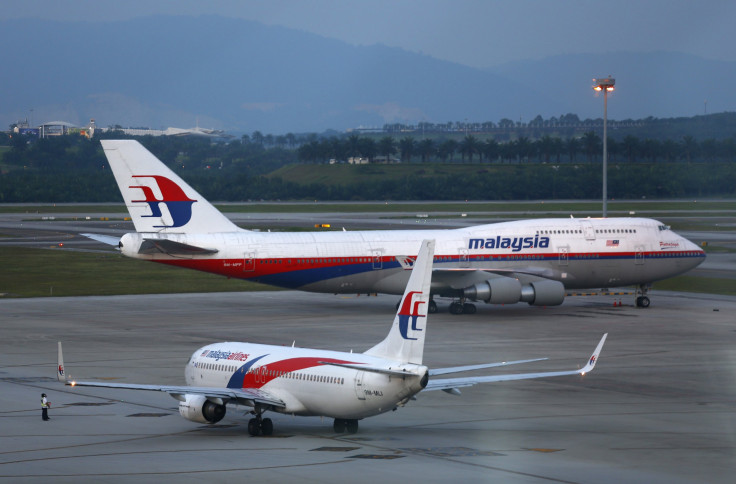Malaysia Airlines Overhaul: Carrier’s Troubles Began Long Before Flight MH370 And MH17

It came as no surprise that Malaysia Airlines’ ticket sales dipped following two mid-air disasters that occurred just months apart, but the company’s financial troubles began long before Flight MH370 disappeared over the Indian Ocean or MH17 crashed in Ukraine. For the past three years, the carrier has operated in the red to the tune of $1.3 billion and continues to bleed money despite four major restructurings in 12 years.
Malaysia Airlines has a strong and influential labor union that has long opposed restructuring efforts, which would include cutting jobs. The state-owned airline with 20,000 employees has about 5,000 too many, Timothy Ross, Asia transportation analyst at Credit Suisse, told Reuters, and trimming them could significantly cut costs. “The government will effectively have to offer some sweeteners to the union to diminish their power and diminish their size," he said.
Experts say the airline’s fleet is also bloated. The carrier operates 94 planes. Reducing its fleet and scheduling fewer flights to some destinations could ease some operational costs, according to experts quoted by the Associated Press.
Political considerations have always played a role in Malaysia Airlines’ restructuring efforts. Like many state-owned firms, the carrier has been used by the government to push certain development goals such as affirmative action policies.
To top it all off, there’s the problem of dealing with the aftermath of two devastating tragedies. “The issue is that the Malaysia Airlines brand, after losing two jumbo jets in four months, is now connected firmly with aviation tragedy,” Tim Calkins, a professor of marketing at Northwestern’s Kellogg School of Management, told International Business Times in July. “I suspect it won’t survive this one.”
A full-scale rebranding of the airline, which has reported losses for the past three years, could also be considered as it grapples with shaky customer confidence following the twin tragedies.
© Copyright IBTimes 2025. All rights reserved.





















